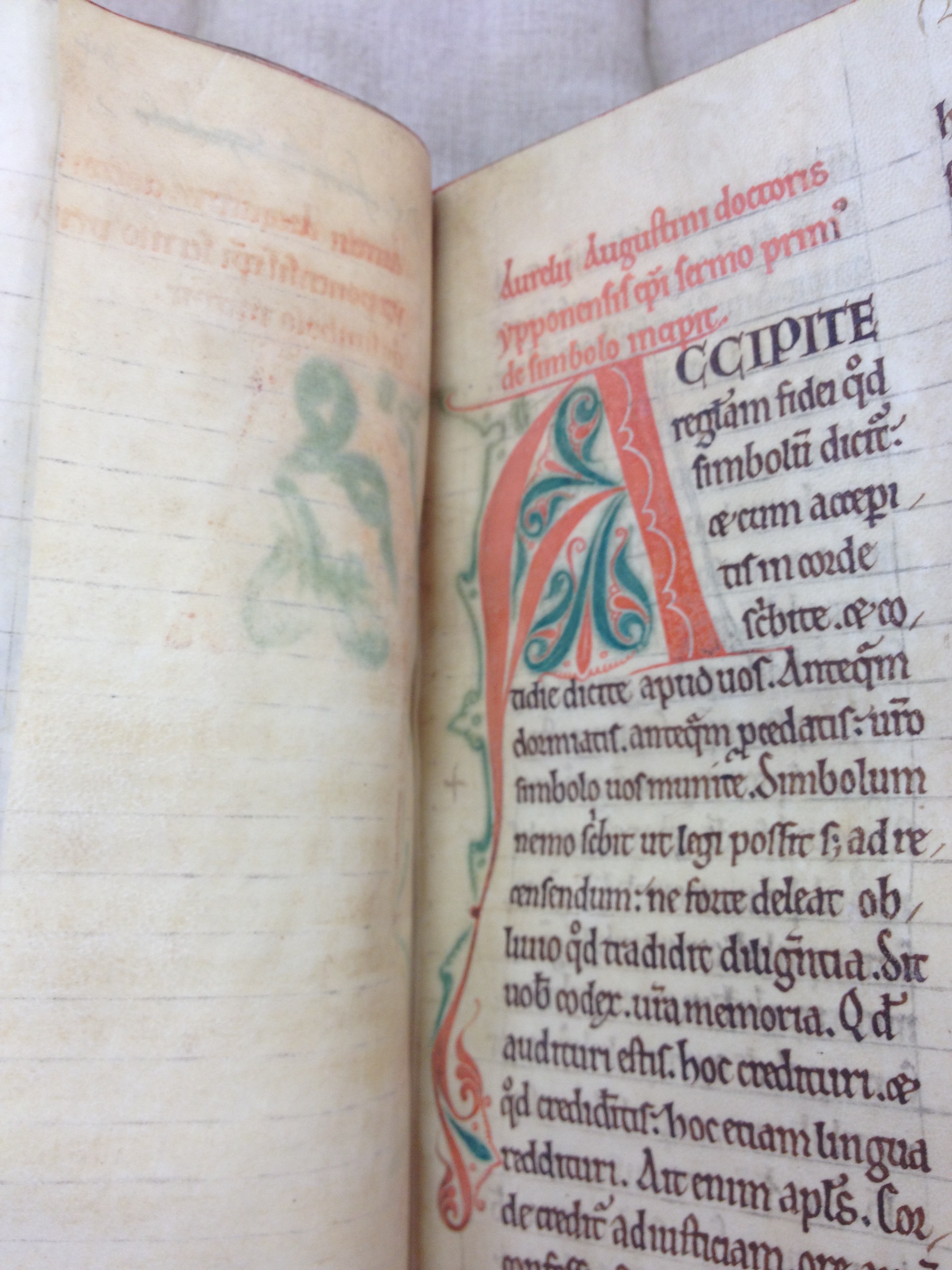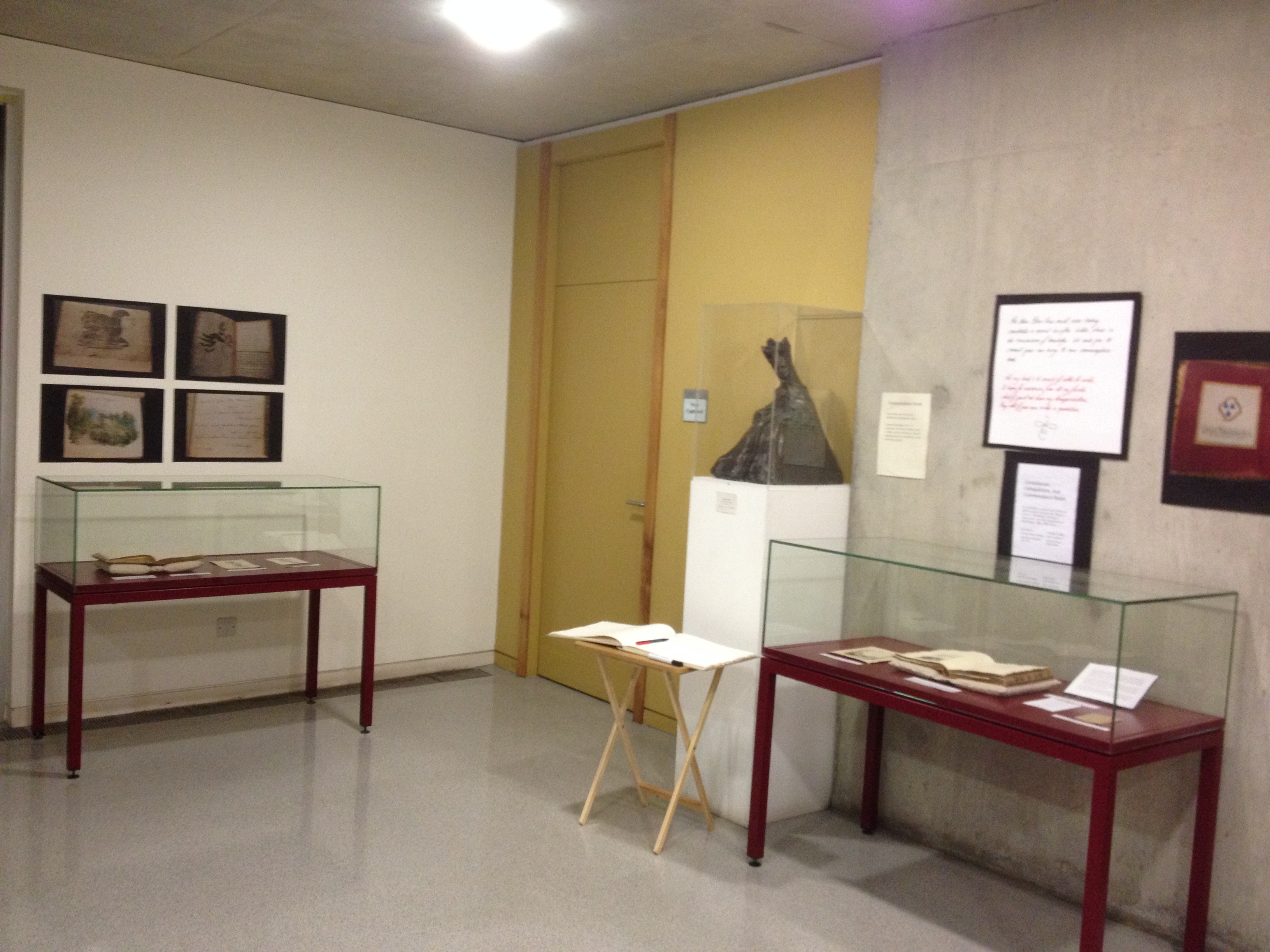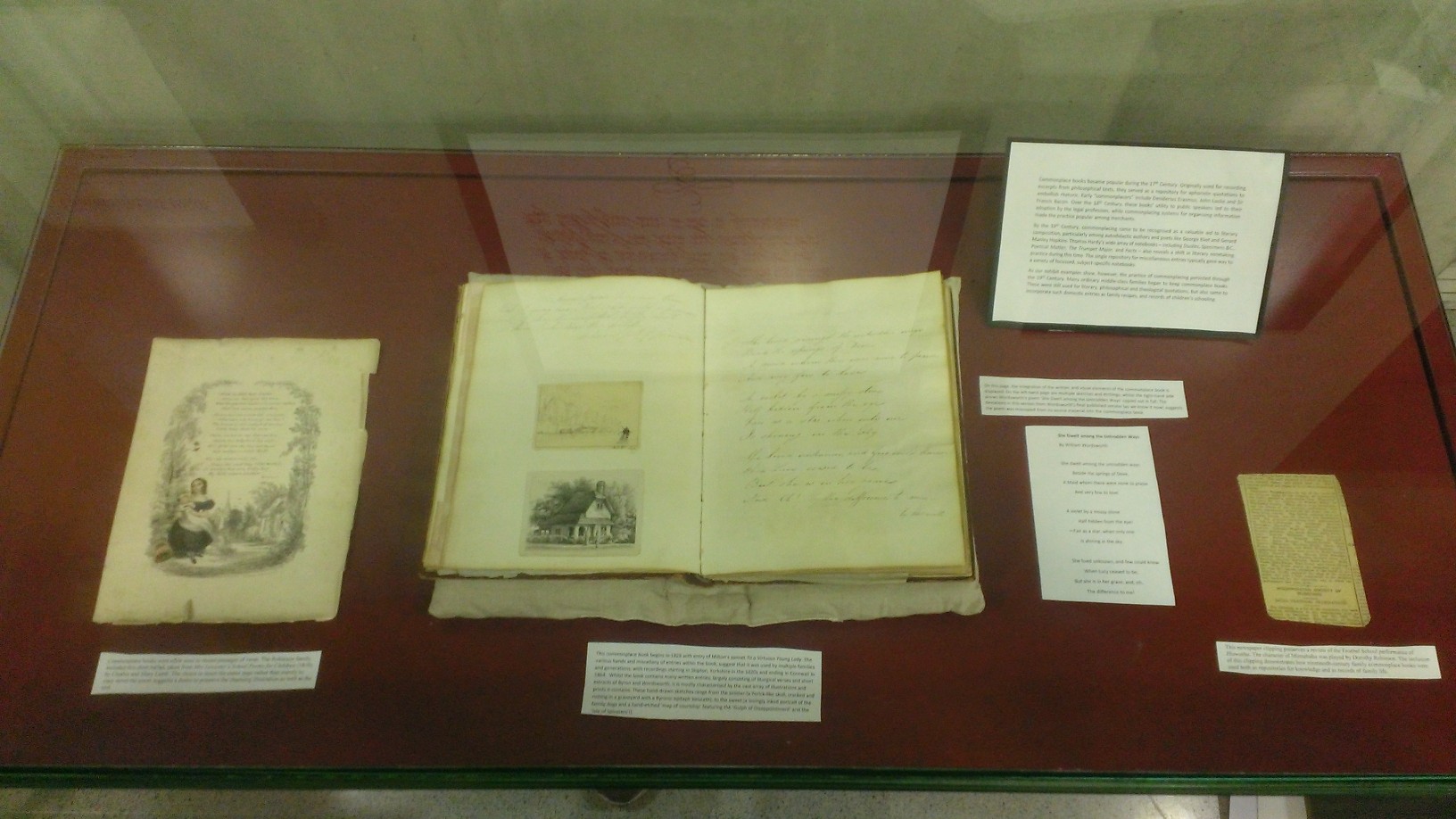Institute of English Studies, School of Advanced Study, University of London
Medieval Manuscripts Seminar: Programme 2016/7
11 October 2016
Andrew Dunning, British Library
Manuscript Collaboration between Malmesbury and Cirencester Abbeys
From the 1130s to the 1240s, a continual exchange in manuscripts supported the communities of the Benedictine abbey in Malmesbury and the Augustinian abbey in Cirencester. Robert of Cricklade, a canon at Cirencester, wrote of his admiration of William of Malmesbury and his efforts to have copies of several of his works made for the abbey library. Also at Cirencester, Walter de Melida, a scribe and textual critic, used Malmesbury manuscripts for copies of John of Salisbury’s Policraticus and Alan of Tewkesbury’s collection of the letters of Thomas Becket. After the death of Cirencester’s most famous author, Alexander Neckam, in 1217, the prior of Malmesbury provided Walter with a statement of his admiration for Alexander’s Corrogationes Promethei, likely supporting an effort to assemble Alexander’s complete works. In the 1240s, Alexander’s nephew, Geoffrey Brito, compiled a miscellany of his uncle’s works, Sol meldunensis, dedicating it to Geoffrey, abbot of Malmesbury, with an invitation for further contributions. The manuscript appears to have been passed between the two abbeys, with new features added along the way.
22 November 2016
Mary Wellesley, British Library
Graphical Reverence and Script Hierarchy in the manuscript of the N-town Plays
The paper examines the macaronic text of the Magnificat from the ‘Visit to Elizabeth’ pageant in London, British Library, Cotton MS Vespasian D. VIII — the sole surviving copy of the Middle English play cycle, The N-town Plays. It explores what the scribe’s use of a script hierarchy has to tell us about performance and reading, and the interplay between liturgy and drama.
31 January 2017
Ainoa Correa Castro, Marie Curie Postdoctoral Research Fellow, King’s College London
The scribes of the Silos Apocalypse (London, British Library, Add. MS. 11695) and the scriptorium of Silos in the late eleventh century
In the late eleventh century Fortunio, abbot of the newly restored Benedictine community of Silos, near Burgos, commissioned the time- and cost-consuming task of replicating for the monastery one of the most significant best-sellers of the peninsular Middle Ages: a Beatus. In doing so, he was continuing a long-lasting Iberian, Mozarabic, tradition originating in the late eighth century. In this seminar the Silos Apocalypse will be examined with the purpose of unveiling who were the scribes who intervened in its copying, what can be known about their professional connections, what was their cultural context, and how this codex fits within the written production of Silos in the late eleventh and early twelfth centuries.
7 February 2017
Arianna D’Ottone Rambach, Associate Professor of Arabic Language and Literature, Palaeography, Codicology and Numismatics – Sapienza, University of Rome
Arabic Palaeography: Mediterranean contacts and influences
Bilingual and digraphic manuscript-witnesses, papyri, manuscripts and gems, in Greek and Arabic, and Latin and Arabic, offer the opportunity to explore cultural interactions between Mediterranean written practices, and connections between book cultures. A recently discovered, and unique document in Arabic, written in Latin letters, will be also presented and put in context from both the historical and linguistic points of view.
14 March 2017
David Rundle, University of Oxford
English Humanist Script in England: the first ten years
In the last half century, the outline of the early development in Florence of humanist bookhand, littera antiqua, has been amassed in detail. Central to this was the work of A. C. de la Mare, who also reconstructed the history of that script in England. This paper revisits that topic and reveals the identity of the first known humanist scribe at work in England. The intention, however, is not simply to add to the sum of knowledge about humanism’s reception beyond the European mainland but also to question the established narratives about its spread from its Italian centre to the periphery.
28 March 2017
Ralph Hanna III (Emeritus Fellow, Keble College, Oxford)
Cambridge, University Library, MS. Dd.1.17
Venue: Dr Seng T Lee Centre for Manuscript and Book Studies,
Senate House Library, University of London,
Malet Street, London WC1E 7HU
All meetings at 5.30 p.m., Tuesdays, followed by a wine reception.
Organiser: Julia Crick, King’s College London.

 The Cambridge Medieval Palaeography Workshop is a forum for informal discussion on medieval script and scribal practices, and on the presentation, circulation and reception of texts in their manuscript contexts. Each workshop focuses upon a particular issue, usually explored through one or more informal presentations and general discussion. All are welcome. Easter Term meetings will take place in the Milstein Seminar Room, Cambridge University Library between 2-4 PM.
The Cambridge Medieval Palaeography Workshop is a forum for informal discussion on medieval script and scribal practices, and on the presentation, circulation and reception of texts in their manuscript contexts. Each workshop focuses upon a particular issue, usually explored through one or more informal presentations and general discussion. All are welcome. Easter Term meetings will take place in the Milstein Seminar Room, Cambridge University Library between 2-4 PM.
